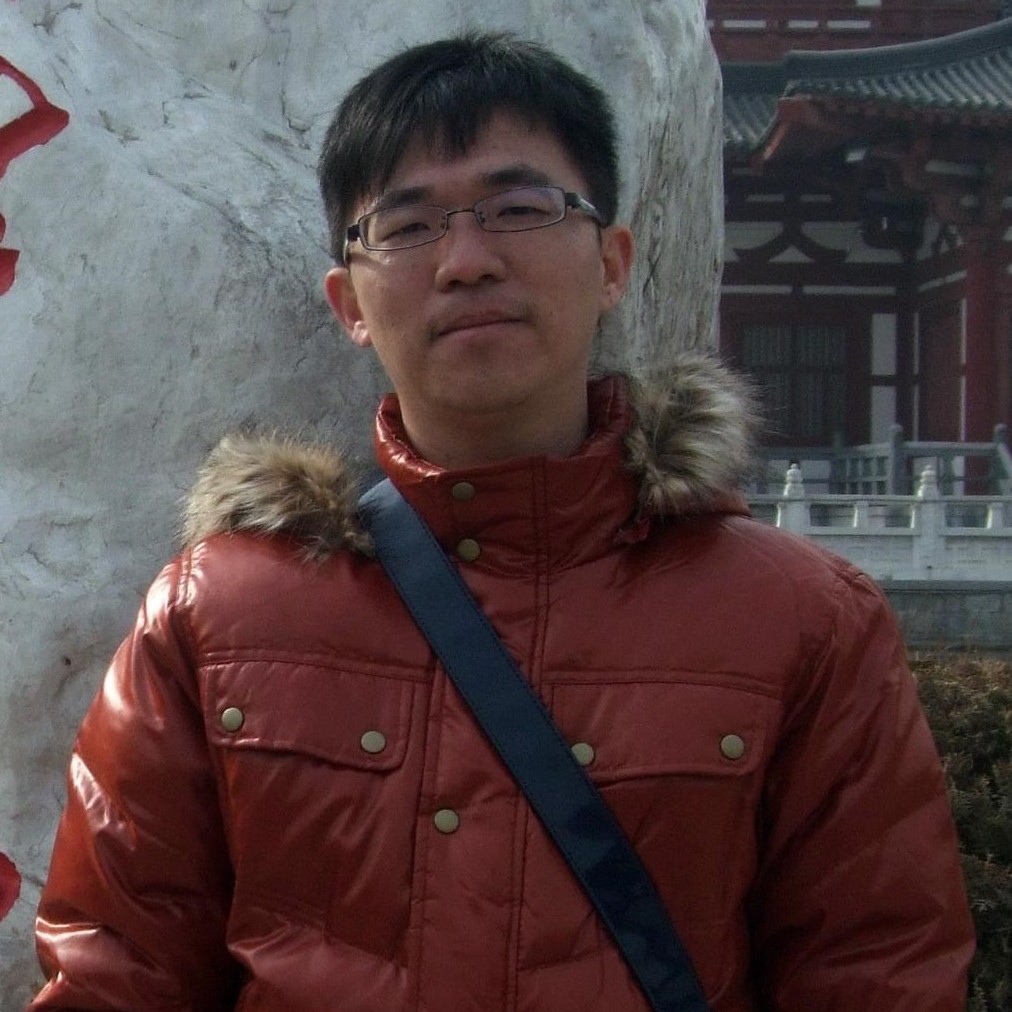Introduction
With the continuous evolution of internet technology and educational concepts, joyful learning has garnered significant attention. It transforms learning from a mere transmission of knowledge into an experience filled with fun and emotional engagement. Consequently, gamified learning, as a part of joyful learning, has also attracted considerable interest. In school education, gamified learning, as a teaching method that combines digital media with instructional content, is showing a clear development trend. Gamified learning integrates educational content into corresponding game scenarios, enriching learners" course experiences significantly while meeting their personalized learning needs. This achieves a balance between learners" cognition and emotions. The ongoing development of emerging technologies such as Augmented Reality (AR), Virtual Reality (VR), Large Language Models (LLM), and others enables the assessment of learner behavior and meeting learners"needs, providing a more immersive gamified learning experience. The focus on the theoretical construction and technological development of gamified learning has gradually become a key area in related research fields. In addition to applications in school education, the innovation and application of gamified learning also play a role in societal development and practical promotion. Gamified learning, built on internet and digital technology, reduces the impact of geographical restrictions, allowing learners from multiple regions to access education resources of equal quality. This promotes the development and dissemination of joyful learning. Furthermore, the development of gamified learning also stimulates related industries, injecting new vitality into the digital entertainment industry. As gamified learning becomes more widespread, industries such as educational game development, virtual reality technology, and artificial intelligence applications thrive, forming a vast industry chain. This not only creates numerous employment opportunities but also attracts more innovative talents to join the field, driving the integration of technology and culture. In this process, the concept of gamified learning continuously inspires creativity and imagination, propelling the emergence of various innovative educational tools and learning methods. Therefore, this conference not only focuses on the role of gamified learning in school education but also emphasizes the promotion of gamified learning in societal development. The aim is to facilitate in-depth discussions on the practical applications of gamified learning. Whether considering its impact on the educational process or societal development, gamified learning is a research direction full of potential. In this diverse, personalized, and intelligent learning era, paying attention to the evolution and innovation of gamified learning lays a solid foundation for cultivating creative and adaptable future talents and promoting educational research. In summary, this conference warmly welcomes submissions from individuals worldwide who are interested in the field of joyful learning, encouraging them to share their valuable experiences.
Paper Submission Topics (including but not limited to the following)
1.Theoretical research on gamified learning, educational games, or digital toys
2.Pattern design for gamified learning, educational games, or digital toys
3. System development for gamified learning, educational games, or digital toys
4.Content design for gamified learning, educational games, or digital toys
5.Process analysis of gamified learning, educational games, or digital toys
6.Effectiveness assessment of gamified learning, educational games, or digital toys
7.Innovative applications of gamified learning, educational games, or digital toys
8.Practical promotion of gamified learning, educational games, or digital toys
9.Cross-domain integration of gamified learning, educational games, or digital toys
10.Cultivation of competencies through gamified learning, educational games, or digital toys
11.Social impact of gamified learning, educational games, or digital toys
Paper Submission
Full manuscripts shall be submitted to the conference for review. Abstract submissions will NOT be accepted. This conference uses double-blind review,
which means that both the reviewer and author identities are concealed from the reviewers, and vice versa, throughout the review process. Please kindly
note that when authors submit papers for review, the authors’ information has to be blinded in the title, the contents, and the reference part. After
the paper is being accepted, the author information will be displayed in the final version of the submitted paper.
1.Authors should only prepare submissions in Chinese (Long paper: 8 pages; Short paper: 4 pages; Poster: 2 pages). Submissions written in Chinese
should include the title, abstract and keywords written in both Chinese and English.
2.Authors should make submissions by uploading papers onto the Submission System of the conference
https://easychair.org/conferences/?conf=gccce2025
3.Authors should submit papers with PDF format. Please make use of the paper templatefor preparing submissions.
4. Please pay attention to all English papers, regardless of topic, please submit to English Paper Track。
5. At least one author is required to register and present for publication once a paper is accepted.
C3 Program Committee
Executive Chair

CHEN Zhi-hong
Taiwan Normal University(Taiwan)
Co-Chairs

BAI Shurui
The Education University of Hong Kong(Hong Kong)

LI Xiuhan
Central China Normal University(Mainland China)

LIAO Chang-Yen
Taiwan Central University(Taiwan)
Program Committee Members
Liu Sa, Harrisburg University
Wei Ting, Nanjing Xiaozhuang College
Zhu Yun, Shanghai Drama College
Qu Ximei, Zhejiang Open University
Li Xiuhan, Central China Normal University
Huang Wendan, Guilin Electronic Technology University
Huang Lu, Hangzhou Normal University
Pei Leisi, The Education University of Hong Kong
Xia Qi, Chinese University of Hong Kong
Zhang Lu, Beijing University of Posts and Telecommunications
Zhao Yongle, Honghe College
Chu ChihMing, Taiwan Ilan University
Yang Fu-Yu, Chang Gung University of Science and Technology
Chang Chia-Jung, Yuan Ze University
Wang Ya-Ling, Taiwan Normal University
Wang Jen-Hang, Taiwan Central University
Yeh Yen-Cheng, Taiwan Central University
Chien Tzu-Chao, Tzu Chi University of Science and Technology
Huang Chi-Fang, Taiwan Normal University
Lin Yi-Lung, Tamkang University
Lo Jia-Jiunn, Chung Hua University
Chang Wan-Chen, Taiwan Tsing Hua University
Wu Wen-Chuan, Taiwan Ilan University
Wei Ran, Peking University
Chang Ben, National Central University
Cheng Hercy, Taipei Medical University
Chou Chih-Yueh, Yuan Ze University
Li Liang-Yi, National Taiwan Normal University

CHEN Zhi-hong
Taiwan Normal University(Taiwan)

BAI Shurui
The Education University of Hong Kong(Hong Kong)

LI Xiuhan
Central China Normal University(Mainland China)

LIAO Chang-Yen
Taiwan Central University(Taiwan)
Liu Sa, Harrisburg University
Wei Ting, Nanjing Xiaozhuang College
Zhu Yun, Shanghai Drama College
Qu Ximei, Zhejiang Open University
Li Xiuhan, Central China Normal University
Huang Wendan, Guilin Electronic Technology University
Huang Lu, Hangzhou Normal University
Pei Leisi, The Education University of Hong Kong
Xia Qi, Chinese University of Hong Kong
Zhang Lu, Beijing University of Posts and Telecommunications
Zhao Yongle, Honghe College
Chu ChihMing, Taiwan Ilan University
Yang Fu-Yu, Chang Gung University of Science and Technology
Chang Chia-Jung, Yuan Ze University
Wang Ya-Ling, Taiwan Normal University
Wang Jen-Hang, Taiwan Central University
Yeh Yen-Cheng, Taiwan Central University
Chien Tzu-Chao, Tzu Chi University of Science and Technology
Huang Chi-Fang, Taiwan Normal University
Lin Yi-Lung, Tamkang University
Lo Jia-Jiunn, Chung Hua University
Chang Wan-Chen, Taiwan Tsing Hua University
Wu Wen-Chuan, Taiwan Ilan University
Wei Ran, Peking University
Chang Ben, National Central University
Cheng Hercy, Taipei Medical University
Chou Chih-Yueh, Yuan Ze University
Li Liang-Yi, National Taiwan Normal University
